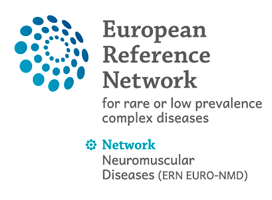11 Nov 2020
Therapeutic Approaches to Treat Mitochondrial Diseases: “One-Size-Fits-All” and “Precision Medicine” Strategies
Authors:
Emanuela Bottani, Costanza Lamperti, Alessandro Prigione, Valeria Tiranti, Nicola Persico,and Dario Brunetti
Primary mitochondrial diseases (PMD) refer to a group of severe, often inherited genetic conditions due to mutations in the mitochondrial genome or in the nuclear genes encoding for proteins involved in oxidative phosphorylation (OXPHOS). The mutations hamper the last step of aerobic metabolism, affecting the primary source of cellular ATP synthesis. Mitochondrial diseases are characterized by extremely heterogeneous symptoms, ranging from organ-specific to multisystemic dysfunction with different clinical courses. The limited information of the natural history, the limitations of currently available preclinical models, coupled with the large variability of phenotypical presentations of PMD patients, have strongly penalized the development of effective therapies. However, new therapeutic strategies have been emerging, often with promising preclinical and clinical results. Here we review the state of the art on experimental treatments for mitochondrial diseases, presenting “one-size-fits-all” approaches and precision medicine strategies. Finally, we propose novel perspective therapeutic plans, either based on preclinical studies or currently used for other genetic or metabolic diseases that could be transferred to PMD.

